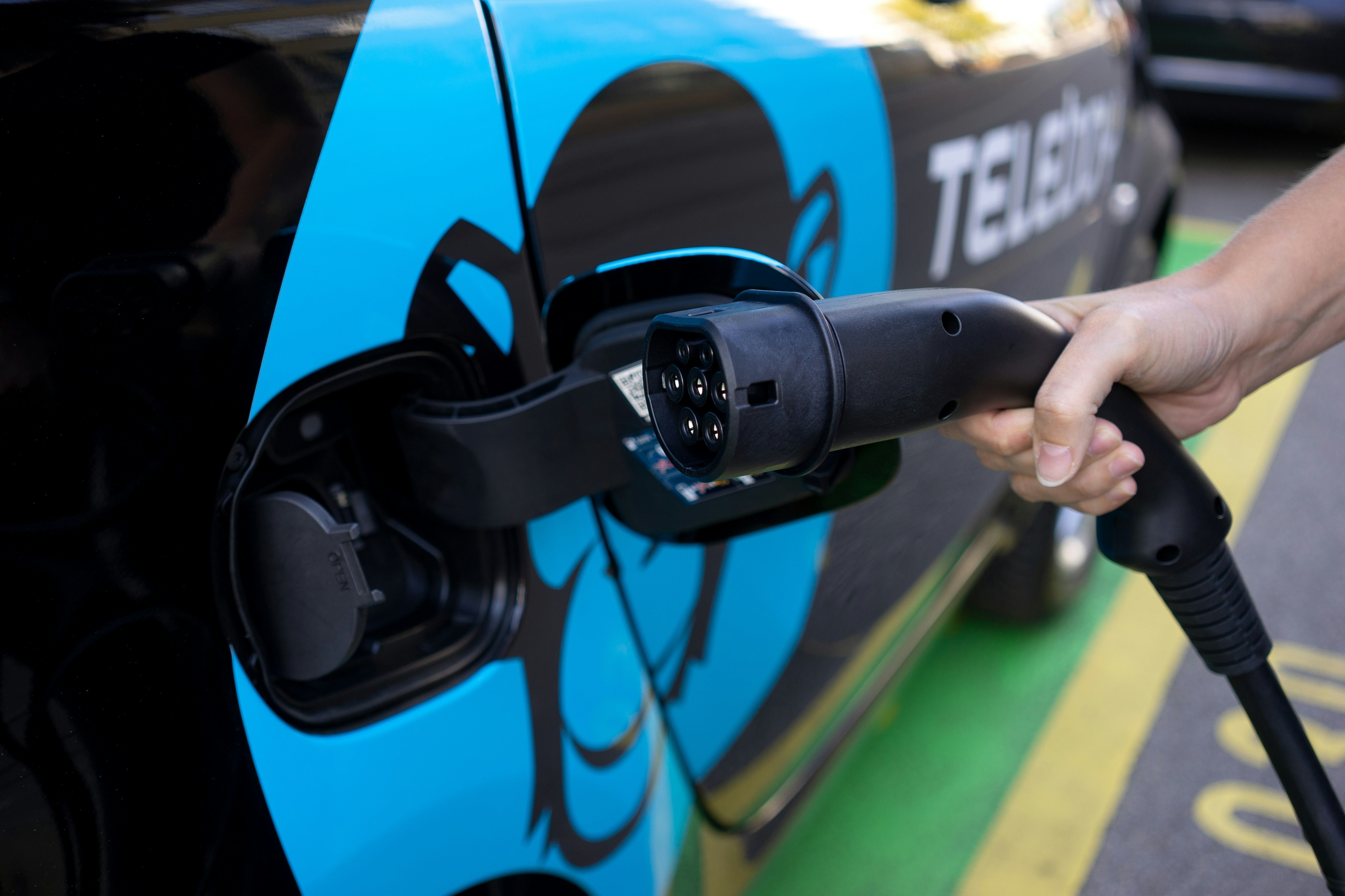Pressure Sensors for Hydrogen Applications: Challenges and Solutions
The energy transition aims to establish hydrogen as a key pillar alongside renewable energies and efficiency measures. When produced using renewable sources, hydrogen is sustainable, versatile, and easily transportable. Especially green hydrogen, produced entirely with renewable energy, is the focus of government subsidies and international strategies.
Hydrogen as the Energy Carrier of the Future
Currently, Europe produces 9.8 million tons of hydrogen annually, mainly from fossil sources. The EU plans to expand this production to ten million tons of clean hydrogen by 2030 to significantly drive decarbonization of industry. There are various production processes and types of hydrogen.
Green, gray, and other types of hydrogen
Hydrogen is naturally bound and only exists in combination with other elements. The method of energy source used for production determines its classification:
- Green hydrogen: produced using renewable energy (e.g., solar, wind)
- Gray hydrogen: produced from fossil fuels
- Blue and turquoise hydrogen: produced with carbon capture and methane pyrolysis
An overview of the electrolysis process
Electrolysis splits water into hydrogen and oxygen using electrical energy. When green energy is used, it is called green hydrogen – the key to a climate-friendly future.
Permeation through materials
Hydrogen is the lightest and smallest element. Due to its small atomic radius, it can easily permeate metals such as stainless steel. This effect is known as permeation.
Why standard pressure sensors can fail
Piezoresistive pressure sensors with oil-filled stainless steel housings are particularly susceptible: hydrogen diffuses through the thin steel membrane, accumulates inside the sensor, and can cause long-term damage.
Gold-Coated Membranes: The Key to Durable Pressure Sensors
Physical advantages of gold
Gold is approximately 10,000 times less permeable than stainless steel. A gold layer just 1 μm thick on a 50 μm steel membrane can delay hydrogen permeation by a factor of 10 to 100 – a much more effective approach than doubling the membrane thickness.
Comparison: Gold coating vs. membrane thickening
While increasing membrane thickness offers limited protection, gold coating results in significantly longer lifespan and higher safety. Conditions: a sealed system and a defect-free layer.
The STS ATM.1ST Pressure Transmitter in Hydrogen Applications
Technical specifications
The piezoresistive pressure transmitter ATM.1ST is excellent for static and dynamic hydrogen applications:
- Measurement ranges: 0 … 50 mbar to 0 … 1000 bar
- Accuracy: up to 0.05% FS
- Hysteresis/repeatability: 0.01% FS
Flexibility through modular design
Thanks to its modular design, the ATM.1ST can be customized for various applications – from research to industrial plants to mobile hydrogen supply.
Conclusion: Safe and Durable Measurement Technology for Hydrogen
Hydrogen offers enormous potential but also presents high technical challenges. With gold-coated membranes and extensive experience, STS provides robust sensor solutions for safe, efficient, and long-lasting pressure measurement in demanding hydrogen applications.
